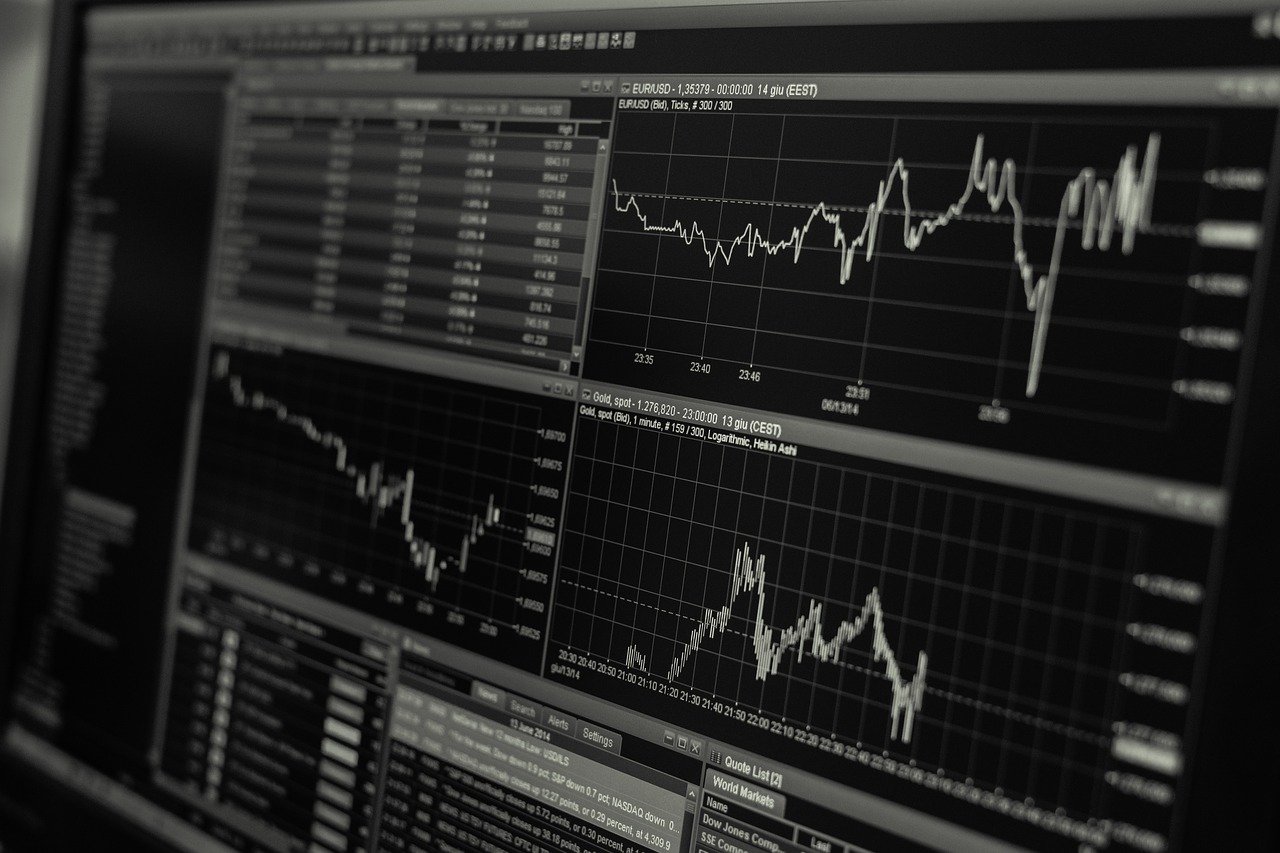In finance, a futures trading agreement is a standardized, legally binding agreement to purchase or sell something in the future, between persons not necessarily known to each other, at a pre-determined price in the future. Usually, this is done between two independent firms, each of which has a substantial amount of capital with which to enter into such a transaction. The item being traded is normally a financial instrument or commodity. Futures markets are complex and volatile; they frequently change by the minute. Investors who have an interest in trading futures should seek the advice of experienced commodity futures trading advisors to assist them in making wise futures investment decisions.
Investors can participate in futures trading by purchasing contracts that will expire in a set amount of time, at pre-set prices, once the market reaches its peak. For example, if an investor purchases a futures contract for July, and that contract expires on August, it could be purchased again by the same person, at which point it would be bought again at the conclusion of the original contract. It is important to remember, that just because the time period has expired, the value of the commodity involved does not decrease, but only increases. Anytime an investor sells a futures contract in anticipation of an increase in price, he or she must wait until the value of the commodity increases before selling the contract – this is called a margin call.
Many day traders rely on futures contracts to protect themselves from fluctuations in the stock market, by holding positions long enough to make their profit, and by selling short during major ups and downswings. Others rely on futures contracts to offset any increase in their income, as the tax laws allow for expensing of capital gains from transactions made within a year of the transaction. The majority of day traders however, use futures contracts as part of their overall portfolio, buying and selling them when the market is bullish and locking in profits using a margin account. Investors who are looking for a way to get into the market without the complexities and high cost of purchasing and holding stock shares can learn how to do futures trading by taking advantage of margin accounts with financial institutions.
Although the futures market is extremely predictable, it is possible to profit from it in ways other than by holding positions in futures contracts. Traders interested in hedging their risk levels, which can increase the volatility of the market and put traders at risk of large losses, can profit by purchasing options. Options trading can be particularly useful to new investors who may not have enough capital to get started. Those who are already familiar with futures and the market in general however, can also profit from options trading, as they are able to make decisions based on their knowledge of the market rather than guesswork.
Investors interested in futures trading should also be aware of the fact that not all transactions are covered by standard futures contracts. Some futures trading arrangements involve cash settlement, and other arrangements such as spot contracts, forward contracts, and futures carious are becoming ever more popular due to their simplicity. Cash settlement futures refer to those types of futures contracts in which the trader receives their cash payment rather than their futures contract stake. Futures contract stakes include the price of one particular commodity at any given point in time.
If you would like to take advantage of this type of futures trading opportunity, then you will need to purchase (or buy) a call option. The call option is similar to an option, but it does not grant you a right but rather just an opportunity to purchase a commodity at the strike price. The trader who purchases (or sells) a call option must pay the premium, which is based on the difference between the strike price and the price at the expiration date. So if you are intending to sell the 1,000 barrels of crude oil futures contract at the expiration date, you will need to purchase a call option. You can choose either the mutual fund approach in which you purchase the call and allow it to mature, or you can choose the spot approach where you actually place the order to sell, hence placing a bet that the price of the crude oil futures contract will fall by the expiration date.






Leave a Reply